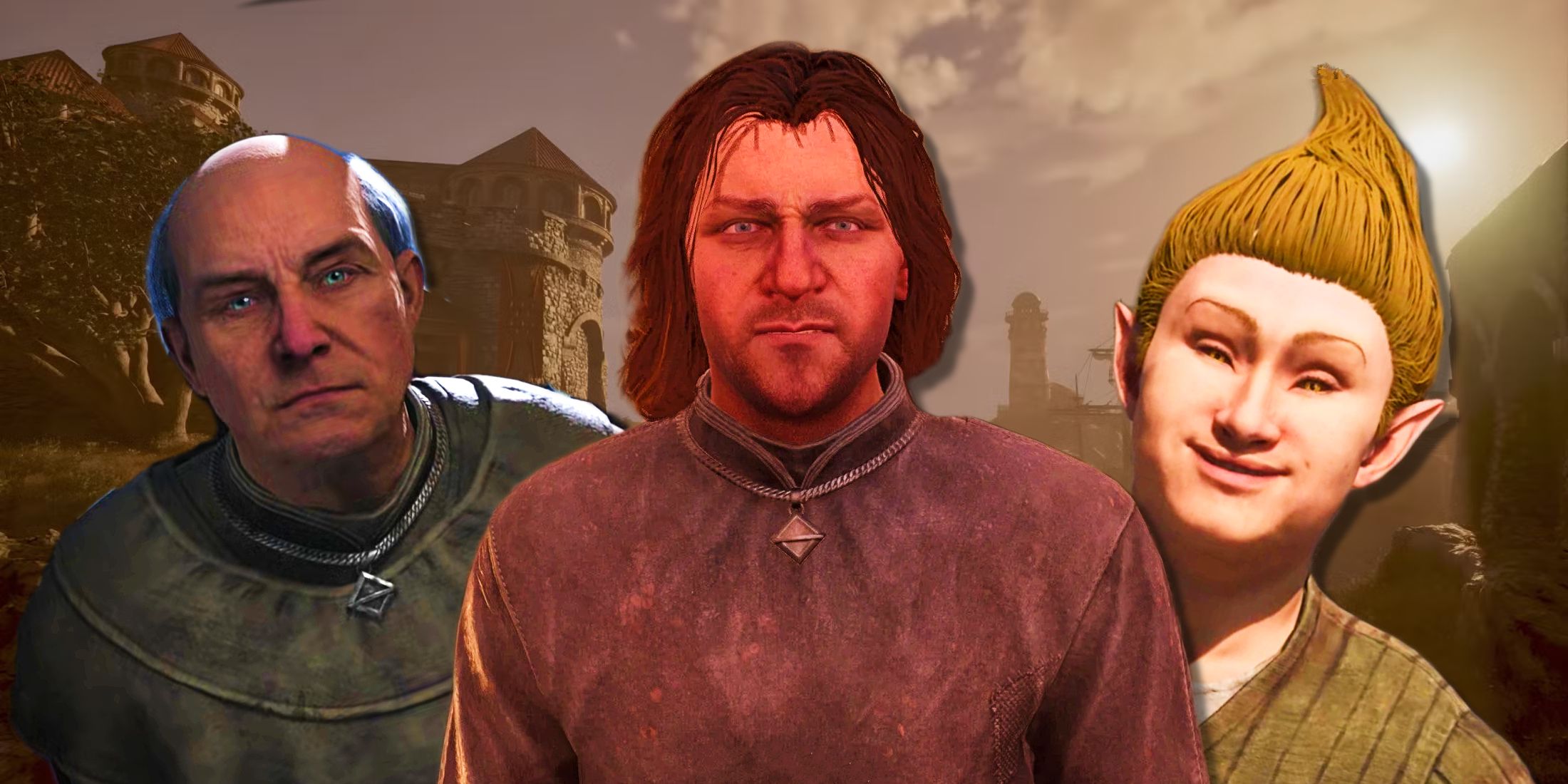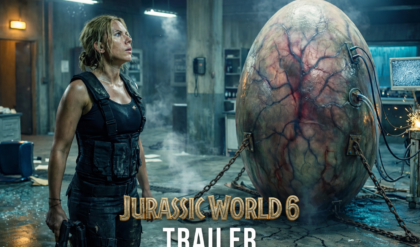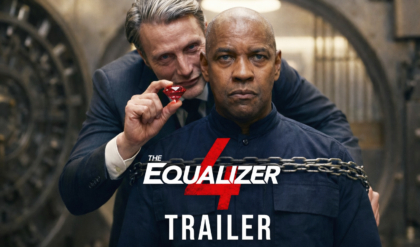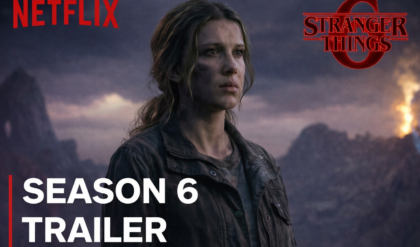“This Doesn’t Change Sh*t”: Exploring Why Oblivion Remastered’s Choices Feel Hollow
The Elder Scrolls IV: Oblivion, originally released in 2006 by Bethesda Game Studios, remains a landmark in the role-playing game (RPG) genre. Its sprawling open world, rich lore, and memorable quests captivated players, cementing its status as a classic. Fast forward to 2025, and Oblivion Remastered has arrived, promising enhanced visuals, updated mechanics, and a nostalgic return to the province of Cyrodiil. However, one aspect of the game has sparked heated discussion among fans: the limited impact of player choices in many of its quests. Despite the game’s immersive world and epic storylines, certain quests leave players feeling that their decisions don’t truly matter—a sentiment bluntly captured by the phrase, “This doesn’t change sh*t.” So, why do these choices feel hollow, and what does this mean for Oblivion Remastered’s place in modern gaming? Let’s dive into the heart of Cyrodiil to find out.

The Promise of Choice in RPGs
Role-playing games thrive on the illusion of agency. Players expect their decisions—whether sparing an enemy, siding with a faction, or solving a mystery—to ripple through the game world, altering narratives, relationships, or even the environment. Modern RPGs like The Witcher 3: Wild Hunt or Baldur’s Gate 3 have set a high bar, with branching storylines and consequences that feel tangible. Oblivion, in its time, was praised for its freedom, allowing players to explore a vast world, join guilds, and shape their character’s destiny. However, revisiting the game in its remastered form highlights a key limitation: many of its quests, particularly those outside the main storyline, offer choices that feel cosmetic rather than consequential.
In Oblivion Remastered, the core gameplay loop remains unchanged. Players create a character, explore Cyrodiil, and undertake quests ranging from slaying bandits to unraveling Daedric mysteries. The remaster enhances textures, improves lighting, and refines combat mechanics, making the experience visually spectacular on modern hardware. Yet, the underlying quest design, rooted in 2006 game development philosophy, hasn’t evolved to match contemporary expectations. For every quest that feels dynamic, others leave players questioning the weight of their decisions.
Quests Where Choices Fall Flat
Several quests in Oblivion Remastered exemplify this issue, offering players decisions that seem significant but ultimately lead to similar outcomes. Let’s explore a few key examples, drawn from the game’s diverse questlines, to understand why these moments can feel underwhelming.
The Killing Field
In the side quest “The Killing Field,” players assist a farmer and his sons in defending their land from attacking goblins. The quest presents a choice: fight alongside the family or let them handle the battle themselves. On the surface, this decision feels weighty—lives are at stake, and players might expect their involvement to determine who survives. However, the outcome is largely the same regardless of the player’s choice. The sons’ survival depends on scripted events rather than player actions, and the quest concludes with minimal variation. For players hoping to save the family or witness a dramatic consequence, the lack of impact feels like a missed opportunity. The remaster’s updated visuals make the battle more visceral, but the unchanged quest structure underscores the illusion of choice.
Paranoia
Another example is the “Paranoia” quest in Skingrad, where a character named Glarthir suspects he’s being watched and asks the player to investigate. Players can choose to indulge Glarthir’s delusions, investigate his targets, or turn him over to the authorities. The quest builds tension, with dialogue options suggesting that the player’s decisions will shape the outcome. Yet, whether players expose Glarthir or follow his instructions, the quest converges on a predetermined path, with Glarthir’s fate sealed regardless of the player’s efforts. The remaster’s improved NPC animations make Glarthir’s erratic behavior more compelling, but the lack of branching consequences leaves players feeling disconnected from the story.
A Brush With Death
In “A Brush With Death,” players enter a painted world to rescue a trapped artist. The quest is imaginative, with a surreal setting that stands out in Oblivion’s fantasy landscape. Players face choices about how to navigate the painted realm and confront its dangers. However, the quest’s resolution is linear, with no lasting impact on the game world or the artist’s fate beyond the immediate reward. The remaster’s vibrant colors make the painted world a visual treat, but the absence of meaningful consequences diminishes the quest’s replay value.
These quests, while engaging in their storytelling and atmosphere, highlight a broader issue in Oblivion’s design: many choices are superficial, offering the illusion of agency without altering the game’s narrative or world in significant ways. For players revisiting Cyrodiil in 2025, this can feel jarring, especially when compared to modern RPGs where choices shape entire story arcs.
Why Do These Choices Feel Hollow?
To understand why Oblivion’s choices often lack impact, we need to consider the game’s historical and technical context. In 2006, Oblivion was groundbreaking for its open-world design and NPC interactions, powered by Bethesda’s Radiant AI system. However, the technology of the time limited the complexity of branching narratives. Creating quests with multiple outcomes required significant resources, from scripting to voice acting, which was a challenge given the game’s massive scope. As a result, many quests prioritized breadth—offering numerous activities across Cyrodiil—over depth in individual storylines.
Oblivion Remastered retains this design philosophy, as Bethesda’s approach was to enhance the game’s presentation rather than overhaul its core mechanics. The remaster focuses on graphical fidelity, performance optimization, and quality-of-life improvements, such as smoother controls and faster load times. While these updates make the game more accessible, they don’t address the dated quest design that modern players might find limiting. For example, the game’s dialogue system, while charmingly verbose, lacks the dynamic reactivity seen in newer titles, where NPCs respond to player choices in nuanced ways.
Another factor is Oblivion’s focus on player freedom over narrative consequence. The game encourages exploration and role-playing, allowing players to become the head of every guild or champion of every Daedric prince. This sandbox approach prioritizes accessibility, ensuring that players can experience most content without being locked out by earlier decisions. However, this design choice reduces the weight of individual choices, as the game world rarely reflects the player’s actions in meaningful ways.
The Strengths of Oblivion Remastered
Despite these limitations, Oblivion Remastered remains a captivating experience. The game’s strengths lie in its immersive world, memorable characters, and creative quests. The Dark Brotherhood questline, for instance, offers morally complex choices that feel impactful, with decisions that affect the player’s relationships within the guild. Similarly, the main quest, centered on stopping the Oblivion Crisis, delivers a satisfying narrative arc, even if its outcomes are relatively fixed. The remaster’s enhanced visuals bring Cyrodiil’s landscapes to life, from the lush forests of the Great Forest to the fiery planes of Oblivion, making exploration a joy.
The game’s modding community also adds longevity to Oblivion Remastered. Mods available in 2025 enhance quest depth, introduce new storylines, and even overhaul the choice system, addressing some of the base game’s shortcomings. While the remaster itself doesn’t include these mods, players on PC can customize their experience, making the game feel more modern.
Why Fans Are Divided
The debate over Oblivion Remastered’s choices reflects a broader tension in gaming: nostalgia versus innovation. For longtime fans, the remaster is a love letter to a beloved classic, preserving its quirks while making it accessible to new players. The unchanged quest design is part of the game’s charm, evoking memories of 2006 when Oblivion redefined open-world RPGs. However, for players accustomed to modern RPGs, the lack of consequential choices can feel like a step backward, especially in a remaster marketed as a refreshed experience.
This divide is evident in online discussions, where fans praise the game’s atmosphere but critique its dated mechanics. Some argue that Oblivion’s simplicity is a strength, allowing players to focus on exploration and role-playing without being overwhelmed by complex consequences. Others wish Bethesda had taken the opportunity to reimagine certain quests, adding branching paths or dynamic outcomes to align with contemporary standards.
Looking Ahead
Oblivion Remastered is a testament to the enduring appeal of The Elder Scrolls series, but it also highlights the evolution of RPG design. As Bethesda prepares for The Elder Scrolls VI, the lessons from Oblivion’s remaster could shape future titles. Players crave choices that matter—not just in dialogue but in how they reshape the world. For now, Oblivion Remastered offers a nostalgic journey with breathtaking visuals and timeless charm, even if some choices don’t change the world as much as players might hope.
So, why are fans buzzing about Oblivion Remastered? It’s a mix of love for a classic, excitement for its stunning overhaul, and debate over its place in a new era of gaming. Whether you’re a veteran hero of Cyrodiil or a newcomer, there’s no denying the magic of this RPG masterpiece—flaws and all. Dive into Cyrodiil and see for yourself why this remaster is sparking so much conversation.





